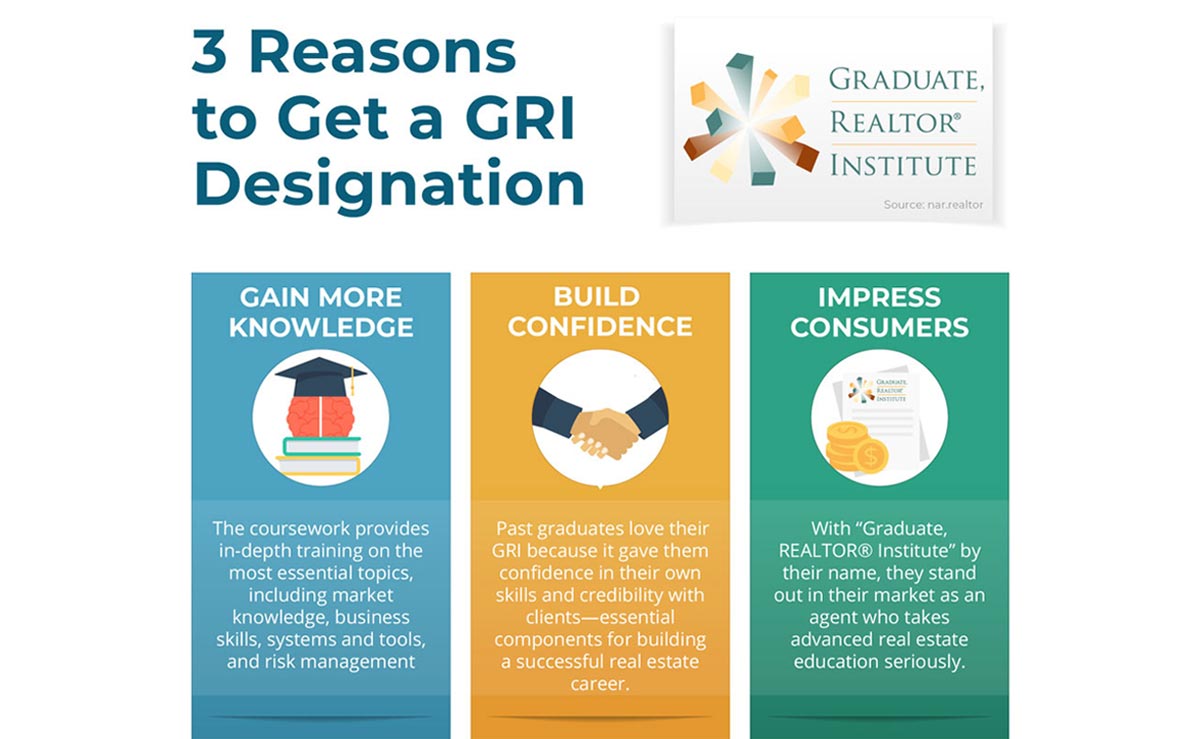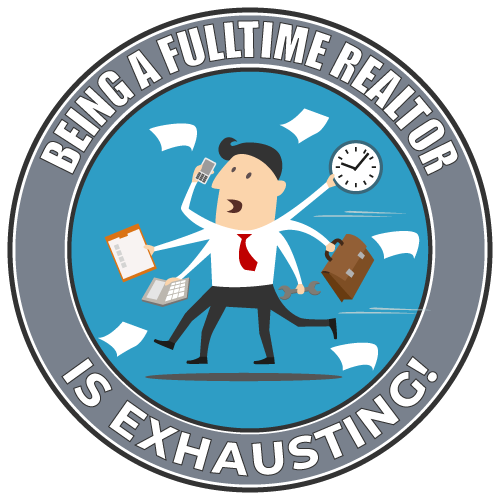
You have many options and many things to think about when you're thinking of buying a home. Save for the downpayment, locate a house in a great school district, and check that the house is in good repair. Also, you should consider the culture and businesses in your neighborhood. Make sure you have enough money to pay the mortgage. You don't want to purchase a home that is too costly.
Save for a downpayment
FDIC insured savings accounts are the best option for saving money to pay down a home purchase. These accounts earn above-average interest rates and allow for easy access. It may be wiser to invest your money on the market if you intend to buy a home for the long-term. This can lead to a higher return.

Start by calculating how much you earn each month. Find out how much money your monthly income is and add the income of your partner, if any. Examine your bank statements as well as credit card bills.
Locating a house in an area with good schools
The location of a school is an important factor in buying a home. However, it is not the only thing that is important. Other factors, like commute time or school standards, are also important. It's important to think about all of these factors, and be prepared to make some sacrifices or give up certain features.
First, buying a house for yourself, or for your family, in a good school area will increase its resale price and make it easier for you to sell. A good school district is a must if you are considering purchasing a house for your kids. Some school districts have special provisions that cater to children with special needs.
A home inspection
It is vital to obtain a home inspector before you buy a property. It gives you a sense of ownership and can help you negotiate a price with the seller. A well-maintained home will usually be worth closing on. But, if the property is in dire need of work, an inspector's report may help you to negotiate a price or convince the seller that the problem can be fixed.

You may be able to negotiate with the seller to repair or lower the price if a home inspection uncovers significant issues, such as a leaking water heater. If you don't wish to pay for the repairs, it is possible to walk away from a deal. A lot of sellers will agree to have a home inspection done as part the sale contract.
FAQ
How can I repair my roof?
Roofs can burst due to weather, age, wear and neglect. Minor repairs and replacements can be done by roofing contractors. Get in touch with us to learn more.
How much money do I need to save before buying a home?
It depends on the length of your stay. You should start saving now if you plan to stay at least five years. However, if you're planning on moving within two years, you don’t need to worry.
What's the time frame to get a loan approved?
It depends on several factors including credit score, income and type of loan. It usually takes between 30 and 60 days to get approved for a mortgage.
Should I use a mortgage broker?
A mortgage broker may be able to help you get a lower rate. A broker works with multiple lenders to negotiate your behalf. Brokers may receive commissions from lenders. Before signing up, you should verify all fees associated with the broker.
Statistics
- This seems to be a more popular trend as the U.S. Census Bureau reports the homeownership rate was around 65% last year. (fortunebuilders.com)
- Over the past year, mortgage rates have hovered between 3.9 and 4.5 percent—a less significant increase. (fortunebuilders.com)
- Based on your credit scores and other financial details, your lender offers you a 3.5% interest rate on loan. (investopedia.com)
- Some experts hypothesize that rates will hit five percent by the second half of 2018, but there has been no official confirmation one way or the other. (fortunebuilders.com)
- It's possible to get approved for an FHA loan with a credit score as low as 580 and a down payment of 3.5% or a credit score as low as 500 and a 10% down payment.5 Specialty mortgage loans are loans that don't fit into the conventional or FHA loan categories. (investopedia.com)
External Links
How To
How to Manage a Rent Property
Renting your home can be a great way to make extra money, but there's a lot to think about before you start. We'll show you what to consider when deciding whether to rent your home and give you tips on managing a rental property.
This is the place to start if you are thinking about renting out your home.
-
What are the first things I should consider? Before you decide if your house should be rented out, you need to examine your finances. If you have debts, such as credit card bills or mortgage payments, you may not be able to afford to pay someone else to live in your home while you're away. You should also check your budget - if you don't have enough money to cover your monthly expenses (rent, utilities, insurance, etc. It might not be worth the effort.
-
How much will it cost to rent my house? There are many factors that influence the price you might charge for renting out your home. These factors include the location, size and condition of your home, as well as season. You should remember that prices are subject to change depending on where they live. Therefore, you won't get the same rate for every place. The average market price for renting a one-bedroom flat in London is PS1,400 per month, according to Rightmove. If you were to rent your entire house, this would mean that you would earn approximately PS2,800 per year. It's not bad but if your property is only let out part-time, it could be significantly lower.
-
Is it worth it. It's always risky to try something new. But if it gives you extra income, why not? You need to be clear about what you're signing before you do anything. Your home will be your own private sanctuary. However, renting your home means you won't have to spend as much time with your family. These are important issues to consider before you sign up.
-
Are there any advantages? You now know the costs of renting out your house and feel confident in its value. Now, think about the benefits. Renting your home is a great way to get out of the grind and enjoy some peace from your day. Whatever you choose, it's likely to be better than working every day. If you plan ahead, rent could be your full-time job.
-
How can I find tenants? After you have made the decision to rent your property out, you need to market it properly. Online listing sites such as Rightmove, Zoopla, and Zoopla are good options. After potential tenants have contacted you, arrange an interview. This will help you assess their suitability and ensure they're financially stable enough to move into your home.
-
What can I do to make sure my home is protected? If you're worried about leaving your home empty, you'll need to ensure you're fully protected against damage, theft, or fire. You will need insurance for your home. This can be done through your landlord directly or with an agent. Your landlord will likely require you to add them on as additional insured. This is to ensure that your property is covered for any damages you cause. However, this doesn't apply if you're living abroad or if your landlord isn't registered with UK insurers. In such cases you will need a registration with an international insurance.
-
Sometimes it can feel as though you don’t have the money to spend all day looking at tenants, especially if there are no other jobs. But it's crucial that you put your best foot forward when advertising your property. A professional-looking website is essential. You can also post ads online in local newspapers or magazines. Also, you will need to complete an application form and provide references. While some prefer to do all the work themselves, others hire professionals who can handle most of it. Interviews will require you to be prepared for any questions.
-
What should I do after I have found my tenant? If you have a lease in place, you'll need to inform your tenant of changes, such as moving dates. You can negotiate details such as the deposit and length of stay. While you might get paid when the tenancy is over, utilities are still a cost that must be paid.
-
How do I collect the rent? When it comes to collecting the rent, you will need to confirm that the tenant has made their payments. If not, you'll need to remind them of their obligations. You can subtract any outstanding rent payments before sending them a final check. If you are having difficulty finding your tenant, you can always contact the police. They will not normally expel someone unless there has been a breach of contract. However, they can issue warrants if necessary.
-
How do I avoid problems? While renting out your home can be lucrative, it's important to keep yourself safe. Make sure you have carbon monoxide detectors installed and security cameras installed. It is important to check that your neighbors allow you leave your property unlocked at nights and that you have sufficient insurance. Finally, you should never let strangers into your house, even if they say they're moving in next door.